In the first instalment of a new weekly series, Life In Lockdown, we’ve interviewed four women about their very different experience of isolation – from the yoga teacher who’s become an internet sensation to the crisis worker managing quarantine in a domestic violence shelter.
‘We’re getting a million views a day. It’s crazy’
Jaime Amor is the creator and star of Cosmic Kids, an adventure-themed children’s yoga series on YouTube
“It’s been kind of crazy. Before the pandemic, we were getting around 100,000 views [on Youtube] a day. And then the pandemic kicked in, and it’s been a million views a day, including 100,000 in Australia alone. So, it’s grown quite amazingly.
What I do is totally weird and unique. I trained as an actor and I was practising yoga to stay grounded. In between jobs I would entertain at kids’ parties and I would often use a bit of yoga at the kids’ parties. So, in creating the videos, I’ve put together my acting and storytelling along with yoga.
There were moments early on where we questioned what we were doing. We shot the first Cosmic Kids episodes back in 2012, and we actually didn’t post them for two months because we thought they were weird. I mean, there I was in my big pink onesie with a fairly sketchy background behind me. And it’s been slow, slow growth.
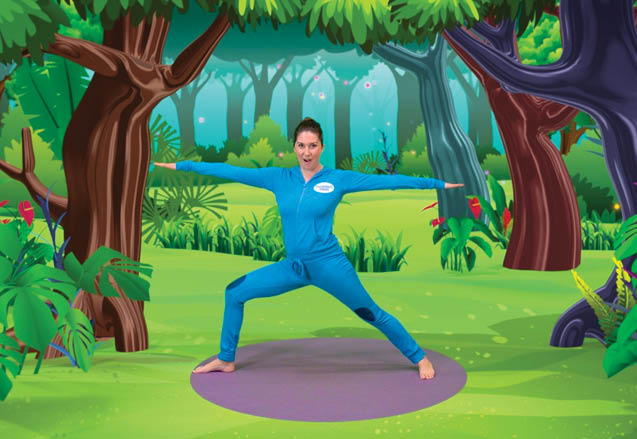
The sudden success has been surreal actually, because I’m still in my house [in self-isolation] like everybody else. And I know that eventually kids will be outside and playing again and [the video views] will be gone.
The videos are free on YouTube, although if people don’t want that YouTube environment they go to our app, so it’s not going bananas [in terms of revenue]. But I’m just really glad that what we’ve created is helping people in some small way.
I get the most amazing messages from children around the world. It makes me a bit teary. I get these really heartfelt lovely messages from kids, telling me about their favourite yoga reflections and what they’re enjoying about it. It’s absolutely magical.”
‘I feel relieved that the twins are safe’
Hannah Liddeaux’s youngest children – one-year-old twins, Alfie and Otis – have chronic lung disease. She lives with her partner and two other sons, aged 5 and 7, in Melbourne
“The twins have chronic lung disease because they were ventilated for so long as tiny, tiny babies in neonatal intensive care. Otis remains on oxygen and for the last 18 months, ever since they both came out of NICU, I’ve worried about them contracting any respiratory illness, not just Covid-19.
So actually, now that we’re in lockdown, all of a sudden I’ve felt this intense relief because they’re safe for the first time. The older kids are not going in and out of school and daycare; people can’t come over. This mild anxiety I felt about [social contact] is contained for the first time. And that’s made a huge difference to me.
My partner is a doctor and she was onto coronavirus early. The respiratory team at the Royal Children’s don’t know what the impact of the virus on the twins would be. A couple of studies from China suggested that maybe 2 per cent of children ended up in ICU and all of those children had a pre-existing respiratory condition.
We had a strange conversation in the house last week about whether my partner should isolate from us, because she’s going to hospitals every day and lots of people at her work are already doing that. In the end we’ve decided to see if the situation at the hospital escalates, as otherwise it’s me, on my own, with four kids and some oxygen leads, a respiratory oximeter, hearing aids, thickened feeds…
I don’t read so much now about coronavirus because you reach at point at which you think, how much more can I actually know about this? We’re already in lockdown. There’s no restriction they can impose that will change what we’re doing. I’m enjoying being at home and doing little projects with the kids. They’re just little, nothing things but there’s such joy in doing something simple.”
‘We’ve seen a significant increase in adoptions’
Debbie Jaggers is the senior manager of RSPCA Hunter Animal Care Services
“We’ve seen a significant increase in adoptions, and they’re right across the board – adult dogs and cats, as well as the kittens and puppies that tend to get adopted very quickly.
Even adult dogs who have been available for quite a long time have been adopted.
We had one dog called Brains who had been with us since November. He looks like a Mastiff with patches on him, and he came in through our inspectors because of welfare issues. He had to have surgery because of structural issues with his back legs, everyone here knew him – the hospital staff and the shelter staff. Last week he went out to foster care, with the potential to be adopted by that family. He was so excited.
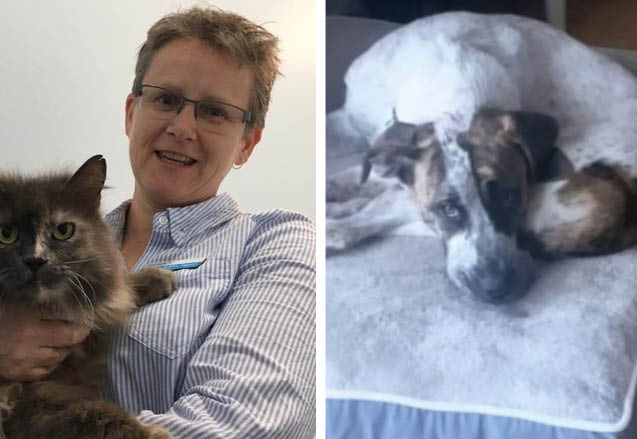
I think people are really taking the opportunity – with family at home or children at home – to think about having an animal at home. There’s a mental health component, too. It can be really nice to have a companion at home when you’re spending a lot of time away from friends and colleagues.
We are an “essential service” so we’re still operating, but adoptions are all virtual now, so you can see the animals on the website. We’ve also segregated and have different teams who work on different days. Everyone’s been really resilient and flexible. We’re still getting wonderful support volunteers, even though there’s no requirement for them to come in.
A lot of people don’t realise that we get very little government funding – only two per cent comes from government and the rest is donors and fundraising.
It’s difficult to know what the impact [of Covid-19] will be. People are being wonderfully generous now but a lot of people are facing being laid off at work. There’s some talk about whether a lot of animals will be surrendered after [the pandemic ends]. It’s certainly something we’re keeping in mind.”
‘Even with coronavirus, women feel safer here’
Katie Young is the client services manager for the Women’s And Girls’ Emergency Centre in Sydney
“It’s difficult to practice social distancing in a shelter – there’s a vulnerability in living in this kind of residential setting. Our large shelter accommodates 19 families and last week, before the government guidelines came in, there was some anxiety about movement in and out of the building. Some women were practicing increased hygiene methods and social distancing, but others were not.
Now that we have rules to follow, the atmosphere is calmer. If women do need to go out, to work or a medical appointment, they have to inform their case worker. We ask where they’re going, whether they’ve got a mask and gloves, and encourage them to wash their hands. It’s very directive, but necessary.
If someone does test positive for coronavirus we’ll have to dedicate a kitchen and a bathroom solely for them, or else move them out of the shelter into temporary accommodation, like a motel.
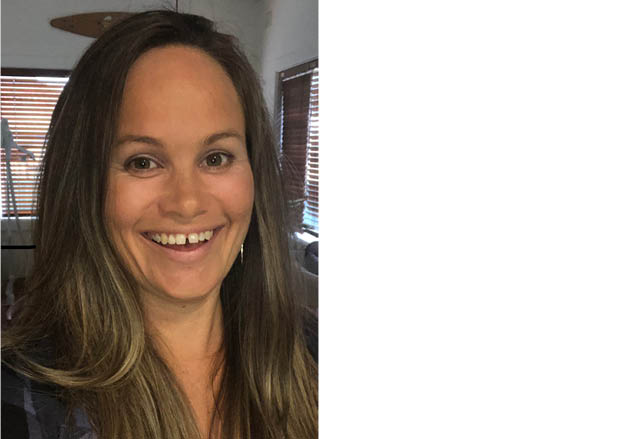
Usually, we obtain food from Oz Harvest and give the women vouchers to buy their own food at the supermarket.
Now, we’re trying to limit visits outside, so we’re trying to organise home deliveries where possible and we’re also doing massive bulk buys whenever we can. It’s costing us a lot more money and I worry that when we’re sending staff to Costco, we’re putting them at increased risk.
Our workers are more anxious than usual, but we’re trying to minimise their contact hours on site – most of them are working half the time at home. The women at the shelters seem less concerned; I think they take the view that even with coronavirus, they’re safer here than where they were.”
Would you like to be featured in Primer’s weekly Life In Lockdown series? Email us at anna@primer.com.au




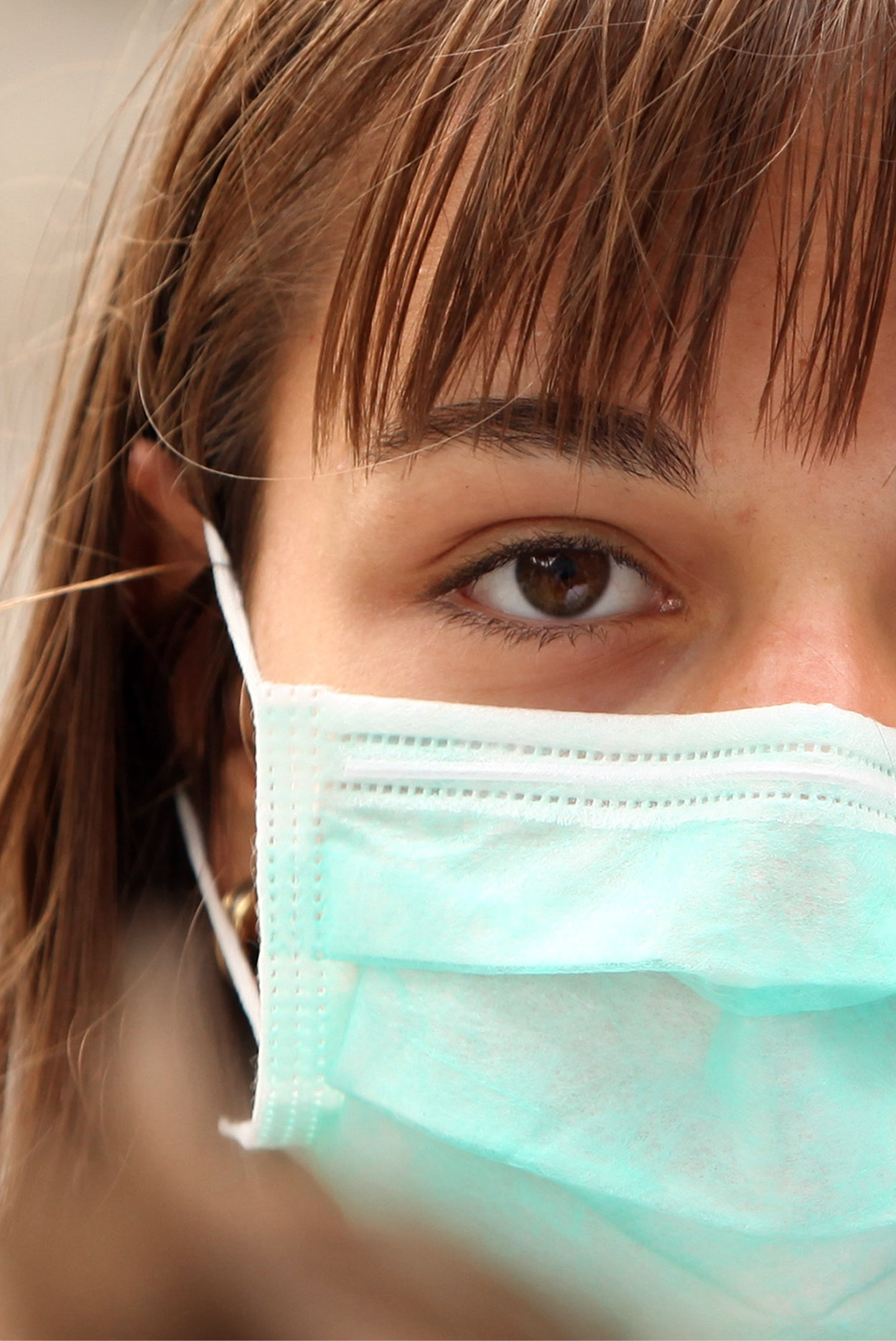
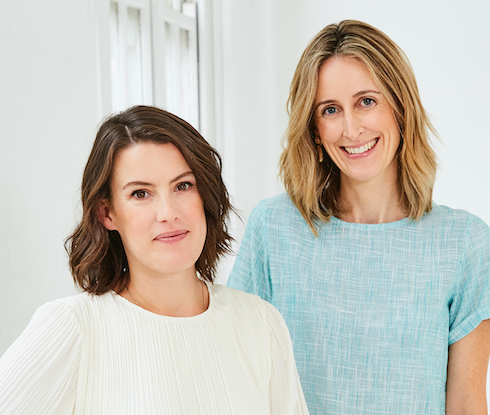


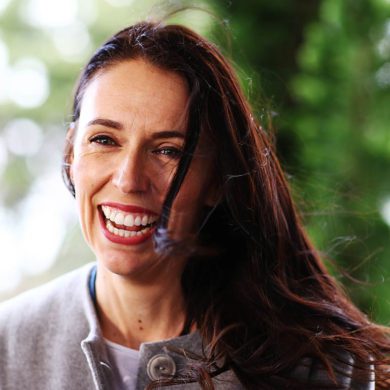
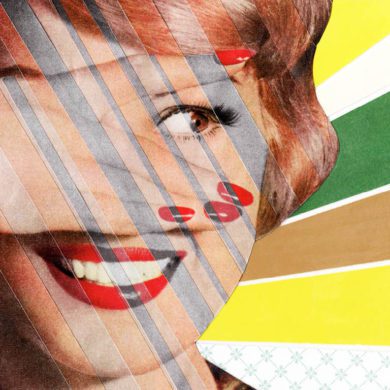
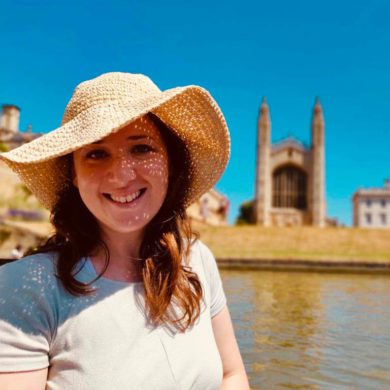
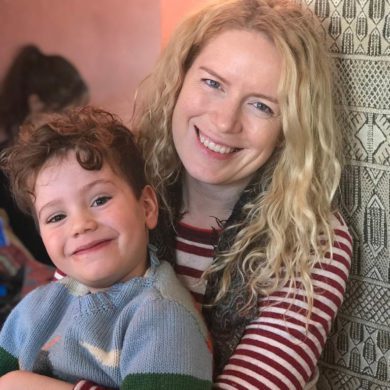
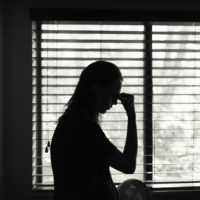

No Comments